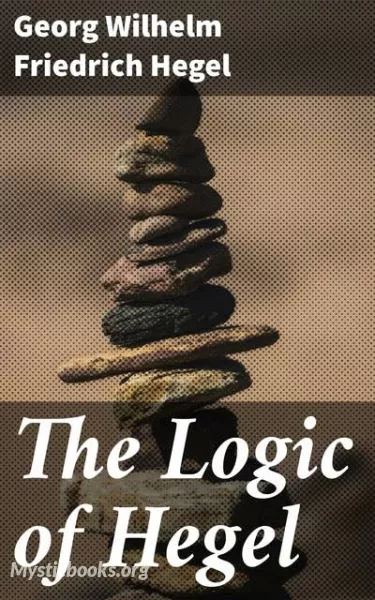
The Logic of Hegel
by Georg Wilhelm Friedrich Hegel
'The Logic of Hegel' Summary
Georg Wilhelm Friedrich Hegel, a towering figure in the realm of philosophy, invites readers to embark on an intellectual odyssey through the intricacies of thought in his seminal work, "The Logic of Hegel." Published in the early 19th century, this magnum opus remains a cornerstone of philosophical discourse, captivating the minds of scholars and seekers of truth for generations.
The book's narrative unfolds within the pages of dialectical reasoning, a methodical process that Hegel employs to explore the very essence of reality and consciousness. It is a journey that transcends the boundaries of conventional philosophy, leading us into a realm where the very fabric of existence is woven from ideas.
Hegel's narrative begins with a mysterious and profound opening, inviting readers to contemplate the enigma of existence itself. From this intriguing inception, he guides us through a labyrinthine world of thesis, antithesis, and synthesis, unraveling the intricate dance of ideas that defines human understanding. This dialectical approach becomes the backbone of his philosophical exploration.
As we progress through the book, we witness the unfolding of a grand narrative, one that seeks to comprehend the universal principles governing both thought and reality. Hegel's eloquence and precision in articulating complex ideas are apparent throughout, as he delves into the realms of logic, metaphysics, and epistemology.
"The Logic of Hegel" is more than a philosophical treatise; it is a profound meditation on the nature of knowledge, existence, and human consciousness. Through his meticulous analysis and systematic reasoning, Hegel challenges us to question our preconceived notions, guiding us toward a deeper understanding of the world and ourselves.
In conclusion, "The Logic of Hegel" is an intellectual masterpiece that continues to shape the course of philosophy. It is a testament to the enduring power of human reason and the boundless potential of thought. To engage with Hegel's work is to embark on a transformative journey, where the boundaries of knowledge are pushed, and the essence of reality is laid bare. It is a timeless exploration of the very essence of thought and existence, a work that invites us to ponder the mysteries of the universe through the lens of dialectical reasoning.
Book Details
Language
EnglishOriginal Language
GermanPublished In
1817Genre/Category
Tags/Keywords
Authors
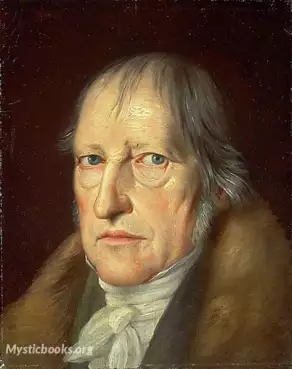
Georg Wilhelm Friedrich Hegel
Germany
Georg Wilhelm Friedrich Hegel was a German philosopher considered one of the most important figures in German idealism. He is one of the fundamental figures of Western philosophy, with his influence e...
Books by Georg Wilhelm Friedrich HegelDownload eBooks
Listen/Download Audiobook
- Select Speed
Related books
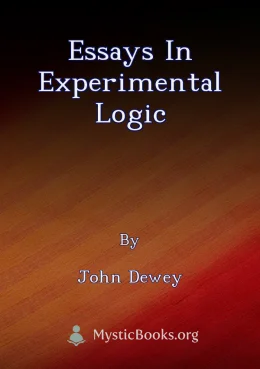
Essays in Experimental Logic by John Dewey
In "Essays in Experimental Logic," John Dewey presents a foundational work that challenges traditional philosophical approaches to logic. He argues fo...
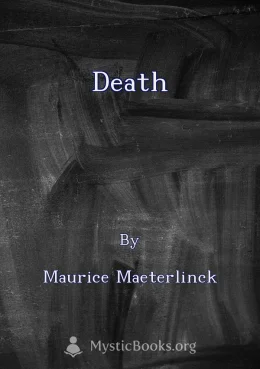
Death by Maurice Maeterlinck
Maurice Maeterlinck's 'Death' delves into the profound and universal human fear of death. Examining the cultural and societal roots of this anxiety, M...
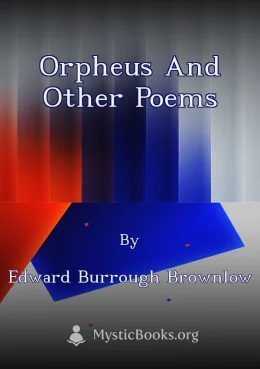
Orpheus and Other Poems by Edward Burrough Brownlow
This volume of poetry by the rather obscure Canadian poet Edward Burrough Brownlow offers a diverse collection of poems exploring various themes and s...
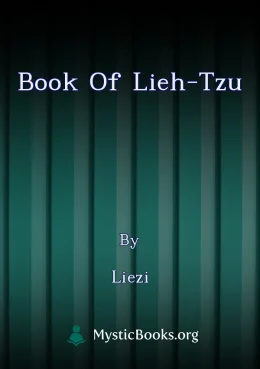
Book of Lieh-Tzu by Liezi
Although Lieh Tzu's work has evidently passed through the hands of many editors and gathered numerous accretions, there remains a considerable nucleus...

Life by Griffith Alexander
This book delves into the philosophical question of 'What is life?' It explores the multiplicity of forces and interests that make up human existence...
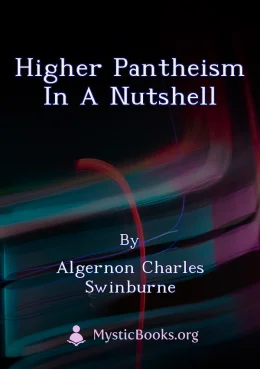
Higher Pantheism in a Nutshell by Algernon Charles Swinburne
This philosophical poem explores the concept of pantheism, the belief that God is the universe and the universe is God. Swinburne argues that this bel...
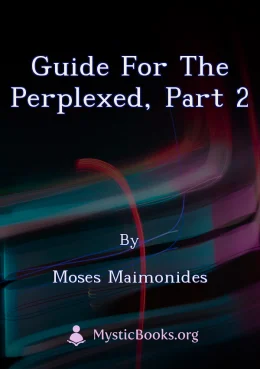
Guide for the Perplexed, Part 2 by Moses Maimonides
The Guide for the Perplexed, a seminal work by Moses Maimonides, is a philosophical treatise aimed at reconciling Jewish religious beliefs with the ph...
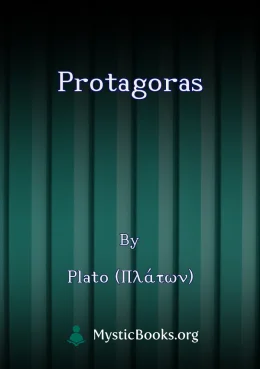
Protagoras by Plato (Πλάτων)
The *Protagoras* is a Socratic dialogue by Plato, a crucial exploration of virtue and knowledge. It features a lively debate between Socrates and the...

The New Organon by Francis Bacon
The Novum Organum is a philosophical work by Francis Bacon published in 1620. The title translates as "new instrument". This is a reference to Aristot...
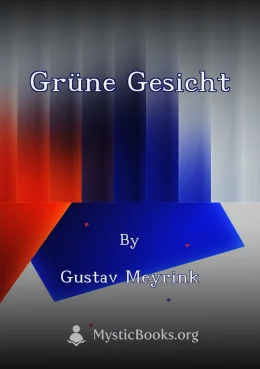
Grüne Gesicht by Gustav Meyrink
Gustav Meyrink's 'Grüne Gesicht' is a haunting and enigmatic novel that delves into the depths of human experience and the mysteries of existence. The...
Reviews for The Logic of Hegel
No reviews posted or approved, yet...